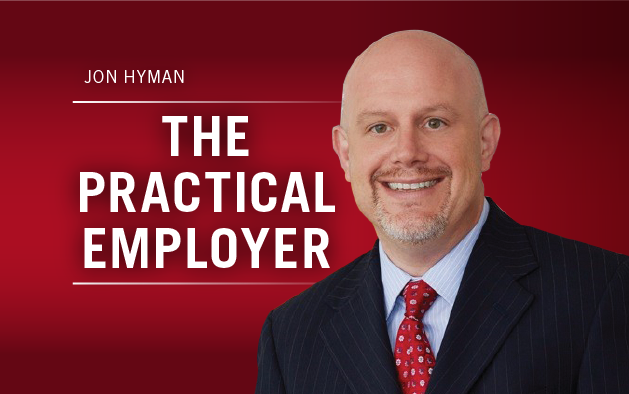Legal
Will OSHA’s New Whistleblower Rules Invalidate Your Settlement Agreement?
By Jon Hyman
Sep. 29, 2016
When an employer presents an agreement to an employee ancillary to the separation of that employee’s employment, or settles a claim asserted by an employee, part of the bargain for which the employer is paying is finality. Yet, over the past couple of years, the federal government has made this finality harder and harder to achieve.
Confidentiality, non-disparagement, and other “gag” provisions in employee separation and settlement agreements have been under attack by various federal agencies, including the EEOC and the NLRB. Now, OSHA also has joined the fray.
Last month, OSHA published new guidance, part of its revisions to its Whistleblower Investigations Manual, which seeks to free employees to report safety and other violations to the government.
As part of OSHA’s administration of myriad whistleblower protection statutes, OSHA reviews settlement agreements between complainants and their employers. OSHA only approves such agreements that it deems to be fair, adequate, reasonable, and in the public interest, and if the employee’s consent was knowing and voluntary. If OSHA encounters a provision that prohibits, restricts, or otherwise discourages an employee from participating in protected activity, it will reject the agreement until the employer removed the allegedly offensive provision.
OSHA’s updated guidance clarifies the criteria OSHA will use to evaluate whether an agreement impermissibly restricts or discourages protected activity.
Moving forward, OSHA will not approve any of the following “gag” provisions:
- A provision that restricts the employee’s ability to provide information to the government, participate in investigations, file a complaint, or testify in proceedings based on an employer’s past or future conduct. For example, OSHA will not approve a provision that restricts an employee’s right to provide information to the government related to an occupational injury or exposure.
- A provision that requires an employee to notify his or her employer before filing a complaint or voluntarily communicating with the government regarding the employer’s past or future conduct.
- A provision that requires an employee to affirm that he or she has not previously provided information to the government or engaged in other protected activity, or to disclaim any knowledge that the employer has violated the law.
- A provision that requires an employee to waive his or her right to receive a monetary award from a government-administered whistleblower award program for providing information to a government agency, or that requires an employee to remit any portion of such an award to the employer.
So, what is an employer to do? How can an employer secure as much finality as possible while satisfying OSHA’s stance against gag provisions? OSHA suggests prominently inserting the following clause into the agreement:
Nothing in this Agreement is intended to or shall prevent, impede or interfere with complainant’s non-waivable right, without prior notice to Respondent, to provide information to the government, participate in investigations, file a complaint, testify in proceedings regarding Respondent’s past or future conduct, or engage in any future activities protected under the whistleblower statutes administered by OSHA, or to receive and fully retain a monetary award from a government-administered whistleblower award program for providing information directly to a government agency.
Schedule, engage, and pay your staff in one system with Workforce.com.
Recommended
Compliance
Minimum Wage by State (2024)federal law, minimum wage, pay rates, state law, wage law compliance
Staffing Management
4 proven steps for tackling employee absenteeismabsence management, Employee scheduling software, predictive scheduling, shift bid, shift swapping
Time and Attendance
8 proven ways to reduce overtime & labor costs (2023)labor costs, overtime, scheduling, time tracking, work hours
